University Course and Club Combine for Aphasia Awareness
November 19, 2015
What would you say if you lost the ability to speak? This was the question many students were asked during an event sponsored by Do Random Acts of Kindness (DoRAK) and the LING 225 class “Language and the Brain,” taught by Assistant Professor of Linguistics Heidi Lorimor. The event was held on Nov. 11 and 12 and aimed to raise awareness for aphasia, a language deficit obtained after a serious brain injury that results in damage to the language areas of the brain. The disease affects approximately one million Americans.
People with aphasia typically still have normal intelligence levels, but have lost the ability to speak or understand language, which can be very isolating. Aphasia is one of the main topics taught in Lorimor’s “Language and the Brain” class, which is focused on the perception, production, and comprehension of language as well as what happens when the brain does not function properly.
In addition to learning about the disease in the classroom, the students of LING 225 have been working at the Central Pennsylvania Aphasia Center to complete a community-based learning project.
“My students felt strongly that, since most people don’t know what aphasia is, the most important thing we could do was to spread awareness,” Lorimor said.
It was in this class that Caroline Ruocco ’16, President of DoRAK, had the idea to pair DoRAK with Lorimor’s class to create an event to raise awareness about aphasia at the University.
“DoRAK’s executive board is always looking for new and exciting ways to promote kindness, so as President I saw our Aphasia Awareness Event as the perfect opportunity to join forces,” Ruocco said.
DoRAK and LING 225 students set up a table in the uphill entrance of the Langone Center and gave out hot chocolate, buttons, and other information regarding aphasia and its damaging effects. All of these resources were funded by DoRAK.
In response to the question, “what would you say if you lost the ability to speak?”, students put money in one of three jars, each of which had a different phrase, including “I love you.” All of the proceeds benefited the Central Pennsylvania Aphasia Center.
“We gave out 100 aphasia awareness buttons and information cards, and we had many substantive conversations with students and faculty about aphasia, many of whom could tell us about someone they knew who experienced some degree of language loss after a stroke,” Lorimor said.

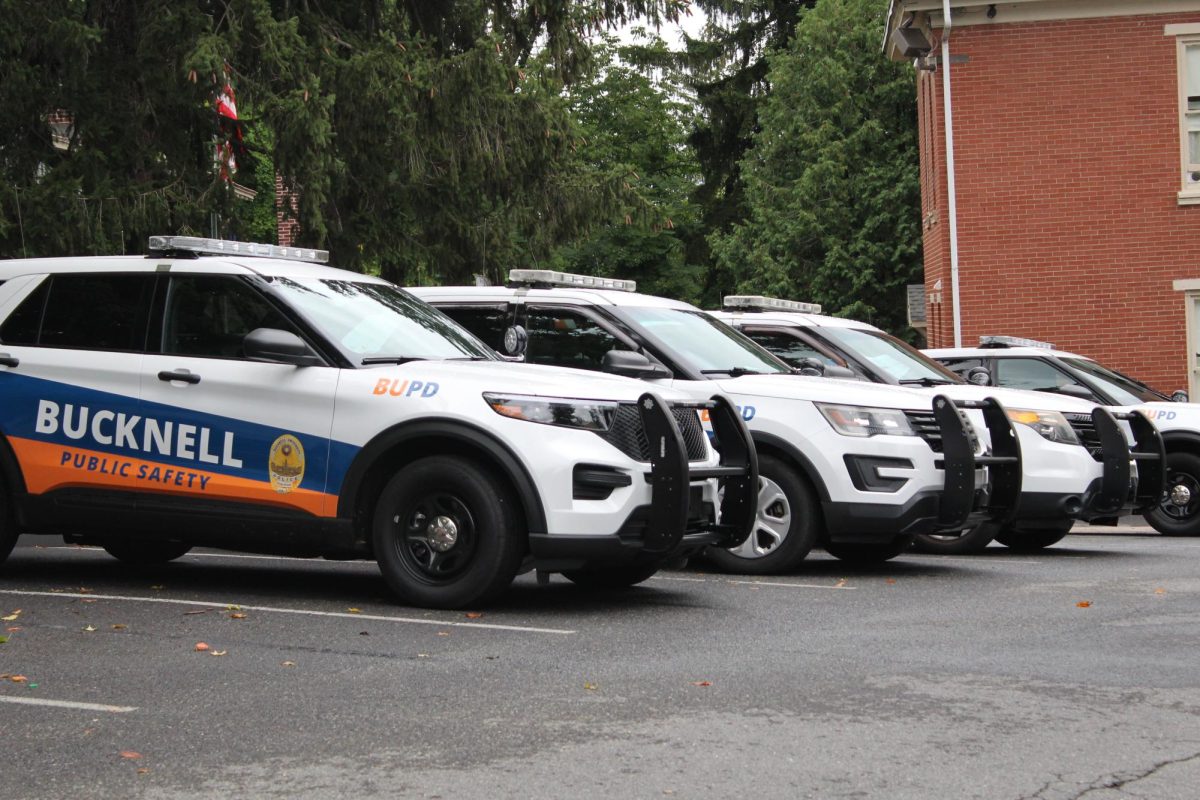
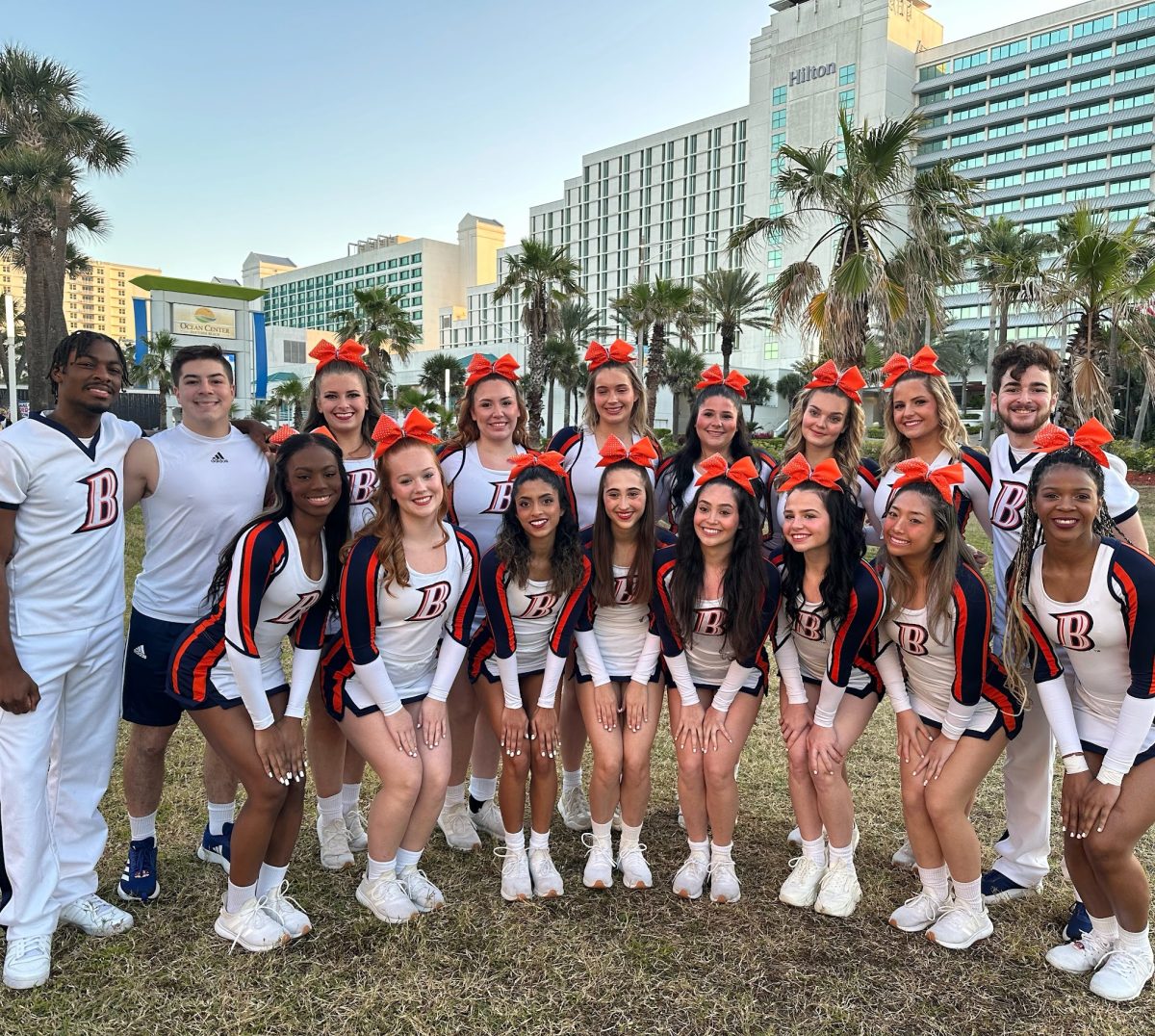




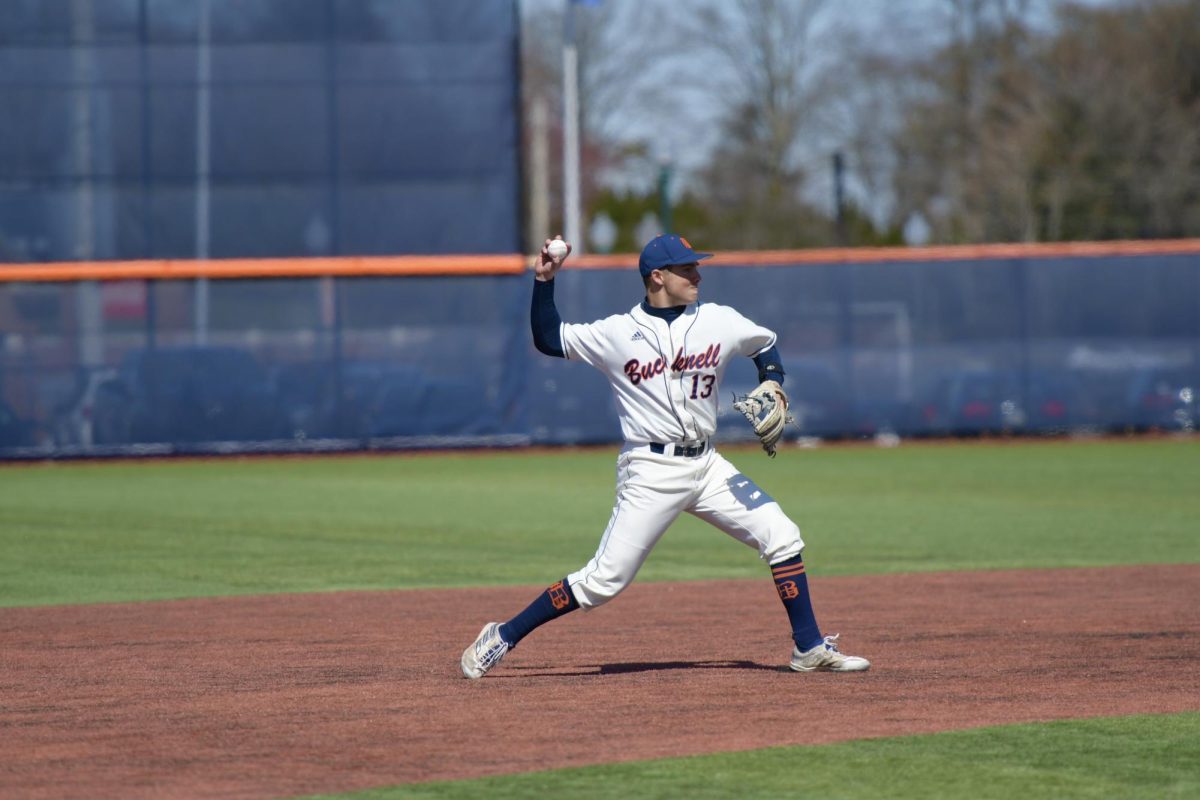
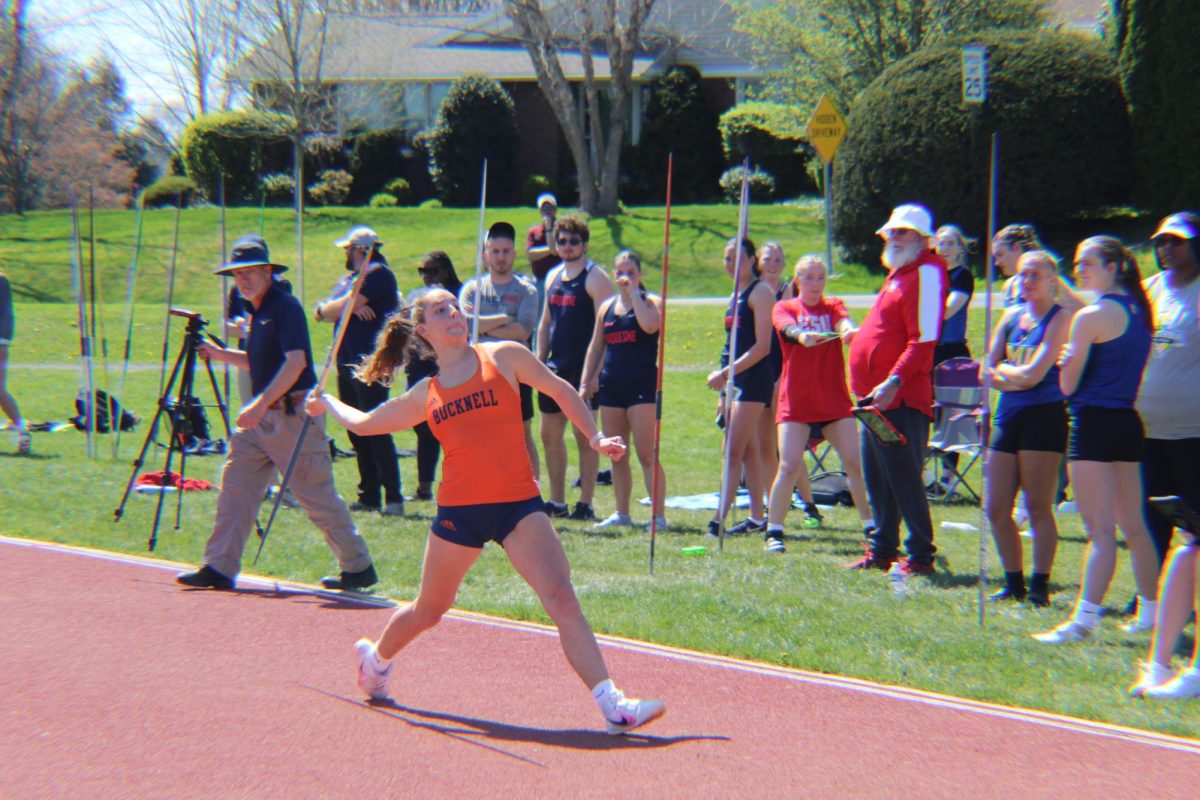







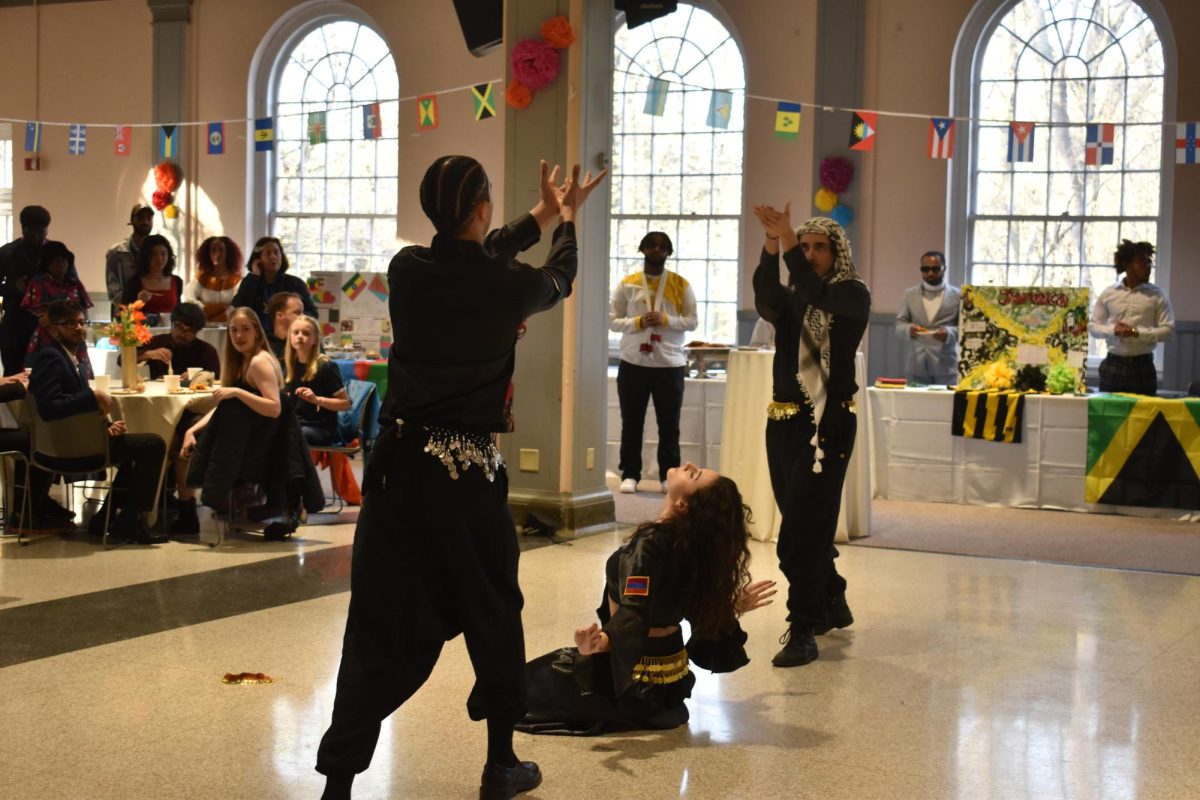



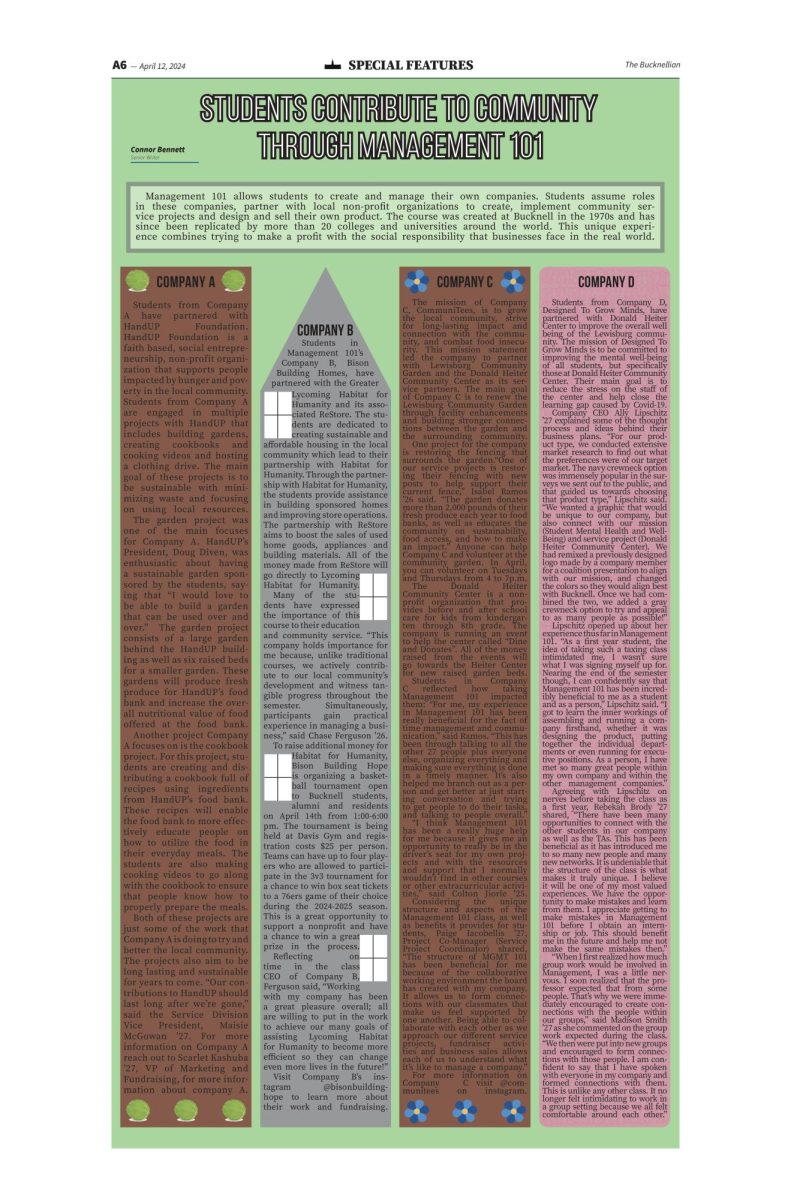



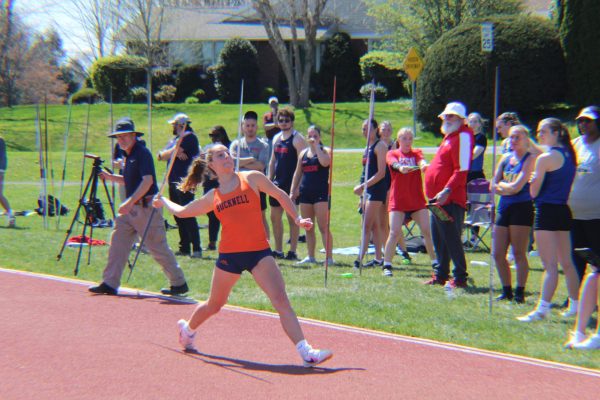

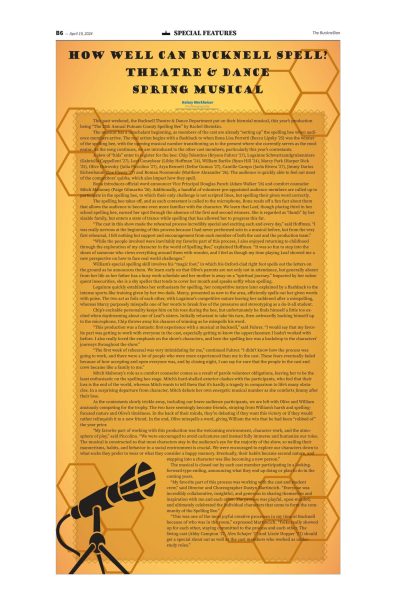
Catie Heverling Moyer • Nov 20, 2015 at 10:36 pm
“Language and the Brain” was one of my favorite courses at Bucknell, then taught by Dr. Lavine. Love that the lessons spun off into such a good cause.